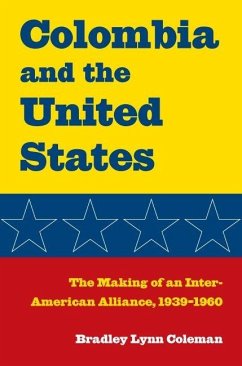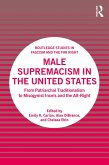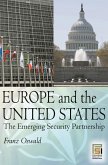This book will also be available in the following formats: e-book, audio book, and large-print paperback. Visit www.caravanbooks.org for details.A valuable addition to the New Studies in U.S. Foreign Relations SeriesWorld War II and the Cold War transformed U.S.-Colombian security relations. The republics first partnered to defend the Western Hemisphere during World War II, a wartime affiliation that promoted hemispheric solidarity, inter-American military readiness, and regional stability. After the war, Colombian and U.S. combat units fought together in Korea. A Colombian infantry battalion and frigate joined the U.S.-led United Nations Command in 1951; Colombian soldiers later served with the United Nations Emergency Force during the Suez Conflict (1956-1958). Soon thereafter, Colombian and American authorities began focusing on Colombian internal security problems, particularly issues associated with the domestic political, social, and religious convulsion known as la Violencia (1946-1958). In doing so, the two countries had formed the basis of the modern Colombian-American partnership.Placing the bilateral relationship in a global context, this military and diplomatic history examines the importance of ideology, material interests, and power in U.S.-Latin American relations. Historian Bradley Coleman demonstrates how the making of the Colombian-American alliance exemplified hemispheric interconnectedness, a condition of ever-growing importance in the twenty-first century.Employing available Colombian and U.S. archival sources, this book fills a gap in the literature on U.S. relations with less developed countries and provides new research on the origins an development of the U.S-Colombian alliance that will serve as an invaluable resource for scholars of U.S. and Latin American diplomacy.
Dieser Download kann aus rechtlichen Gründen nur mit Rechnungsadresse in A, B, BG, CY, CZ, D, DK, EW, E, FIN, F, GR, HR, H, IRL, I, LT, L, LR, M, NL, PL, P, R, S, SLO, SK ausgeliefert werden.









